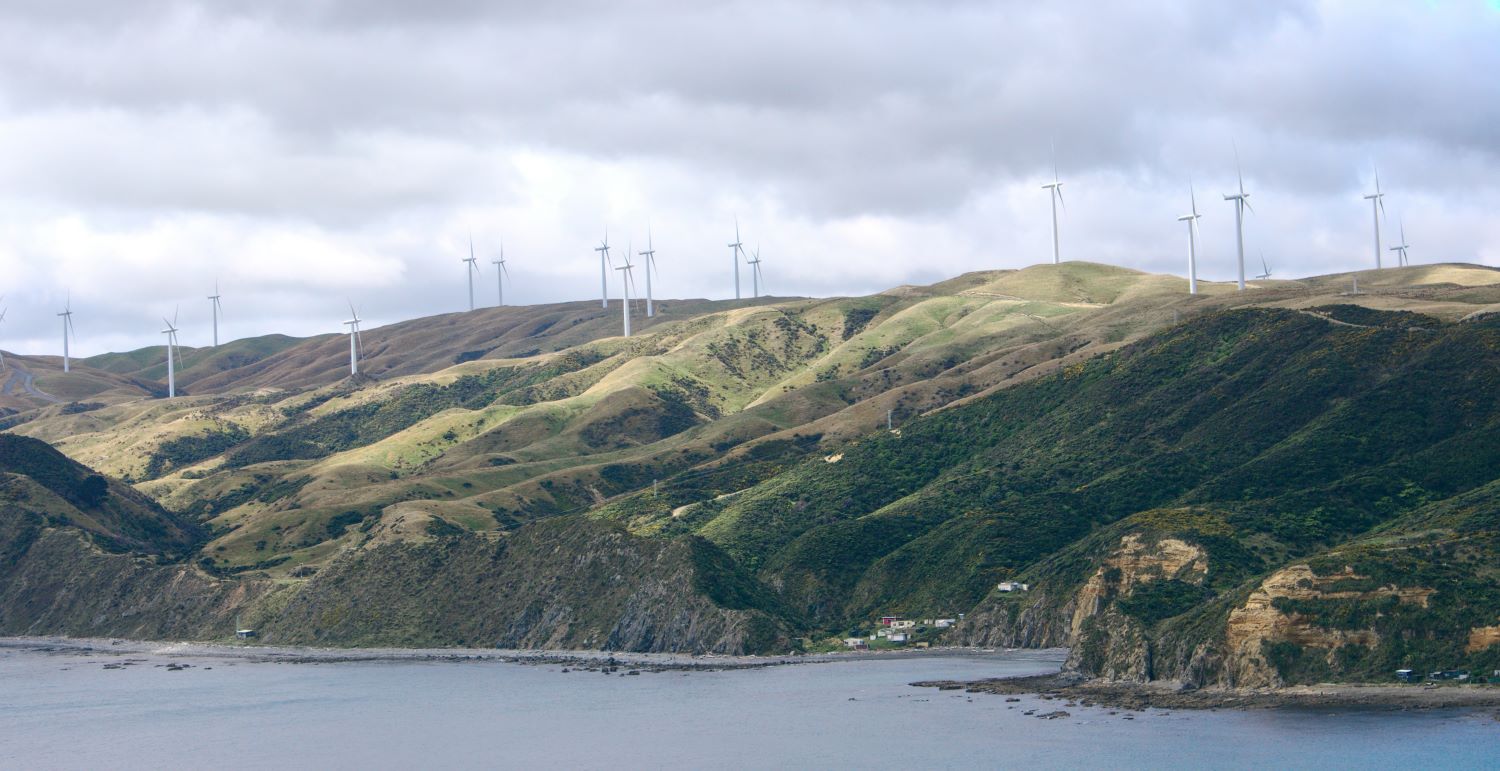It’s just on two weeks since the new RMA was revealed with the introduction of the Natural and Built Environment Bill (NBA). An early look at consenting regimes under the NBA indicates that while some aspects are similar to the RMA, some aspects are very different. We highlight some of these differences below.
Activity status – reduced from 6 to 4
The categories of resource consent activity status are reduced from 6 to 4 (to permitted, controlled, discretionary, and prohibited) which sees the removal of restricted discretionary and non-complying activities. However, there is a change to controlled activities, as there is a limited discretion to decline resource consent for controlled activities in accordance with the relevant provisions of the National Planning Framework (NPF) or Natural and Built Environment Plans (NBE Plans) (whichever applies) and the limited discretion conferred by those provisions.
Notification
Questions of notification will only fall to the consent authority if the NPF or NBE Plan do not cover notification. The presumptions are that
- For discretionary activities, there will be public notification unless the NPF or NBE Plan state that no public/limited notification is required.
- For controlled activities, there will be no public notification unless the NPF or NBE Plan state otherwise.
That said, the notification tests appear on their face to remain complex and open to litigation. Under the NBA however, notification challenges can be heard by the Environment Court rather than having to go to the High Court as is currently the case.
Decision making
Proposed s223 of the NBA is similar in structure to s104 of the RMA but there are some key differences. For example, the NBA section is not subject to the purpose of the NBA, which is no doubt designed to avoid the interpretive issues caused by making s 104 of the RMA “subject to Part 2”.
In terms of new considerations, the NBA brings in:
- The likely state of the future environment as specified in an NBE Plan, a RSS, or the NPF;
- Any prior non-compliance by the applicant and for which enforcement action has been taken under the NBA.
The NBA specifically provides that decision makers must not have regard to:
- Any effect on scenic views from private properties or land transport assets that are not stopping places;
- Any adverse effect arising from the use of the land by people on low incomes, people with special housing needs, or people whose disabilities mean they need support or supervision in their housing.
It looks like the latter clause would have ruled out the ability of the Rotorua community to oppose the emergency housing resource consent applications by the Ministry of Housing and Urban Development which has featured heavily in the news in recent weeks and is awaiting a decision before the end of 2023.
Consent duration
The standard consent duration provision in the NBA is similar to the status quo – providing for a maximum term of 35 years. However there are some very notable exceptions to this.
There is a maximum 10 year duration for water related activities (water permits, discharge permits). There are two ways around this:
- This presumption can be amended through an NBE Plan update; or
- If certain provisos are met, some activities can access longer consent terms. The applicant must seek a longer term in its resource consent application, and qualify as an activity which can access the longer consent term. An example of an activity listed for this is the construction, upgrading or maintenance of state highways.
Other consent processes
The NBA carries over consent processes for direct referral and proposals for national significance. It also carries fast-track consenting into the NBA, but provides a list of what projects can access fast-track consenting. Those projects must still apply for approval for fast tracking so access to a fast-tracked process is not automatic.
Transitional provisions
Unfortunately, it looks as though not all relevant provisions are included in the NBA. The Ministry for the Environment’s ‘Overview’ document released with the NBA states that shorter-term consents will be issued under the RMA for freshwater takes and discharges during transition to the NBA – these consents must expire within three years of the relevant NBE Plan being notified. It also states that many detailed commencement, savings and transitional provisions are not included in the NBA.
It remains to be seen how those provisions will be articulated so that the public can comment on them, particularly given the short timeframe for submissions which has now been set – these close on 5 February 2023.
Please get in touch if you would like to discuss the NBA or make a submission.



